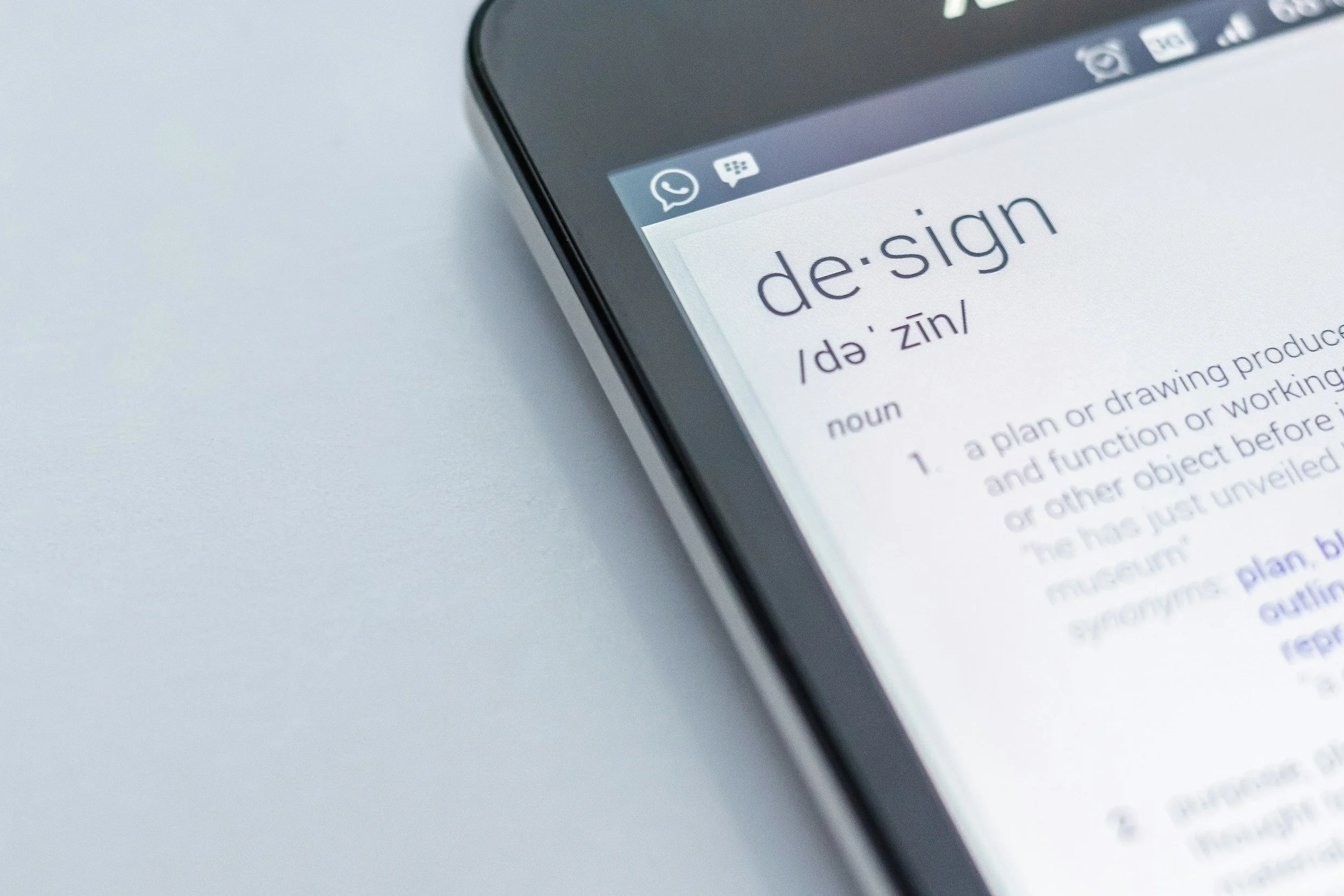Fashion shows have evolved into multimedia performances where music plays a decisive narrative role. Yet beneath the glamour lies a complex legal framework governing the use of sound in public and digital spaces. This article explores the intersection between copyright law, music and fashion.
Following the recent fashion weeks in London, Milan and Paris, a legal question arises regarding the use of songs during runway shows. Playing music in a public space may require obtaining the appropriate licenses from copyright holders or performing rights organizations to ensure compliance with intellectual property law.
Music has become central to fashion’s storytelling strategy. The right soundtrack can transform a show into a powerful sensory experience that not only dictates the tone of the collection, but also the mood and pace. This attention comes at a high price: some brands invest up to €500.000 to license globally recognized tracks for a short 20-minute runway show.
Alternatively, a growing number of houses collaborate with composers, producers or DJs to create a unique soundscape. The goal is simply to create music that engages the audience and captures the essence of fashion.
Legal considerations
One of the key challenges in selecting music for fashion shows is ensuring full compliance with copyright laws and licensing regulations. Organizers must secure the appropriate licenses, permissions and royalty agreements from rights holders. These can include composers, publishers, performers and record labels.
Licensing requirements and costs can vary widely, depending on the song’s origin, type and duration. To navigate this complexity, it is essential to plan ahead, allocate a budget for licensing fees and seek guidance from legal advisors and music industry professionals. This proactive approach helps avoid legal disputes, fines or other penalties.
Since music is an intellectual property asset, every song on the runway involves multiple layers of copyright protection:
Composition rights: lyrics and melody (held by the songwriter & publisher)
Sound recording rights: the specific recorded performance (held by the record label)
Using a track publicly, whether this is in a live show or online (e.g. livestreams, campaign video…) requires both performance and synchronization licenses.
Types of licenses
Public performance license: is needed to play recorded music in public spaces, such as fashion shows and events
Synchronisation license: required when music is paired with visual content in for example livestreamed shows or other fashion show videos
Mechanical license: covers the reproducing of compositions in physical or digital formats
Streaming license: applies when the event is broadcasted or shared online
Key legal frameworks and principles of EU Music Licensing
CMOs
In Europe, music rights are managed by Collective Management Organisations such as SIAE in Italy, GEMA in Germany and SACEM in France. These entities are responsible for issuing licenses, collecting royalties and distributing payments to composers, performers and other rightsholders. CMOs typically operate on a non-profit basis or are directly controlled by the rightsholders themselves. This structure helps ensure that creators maintain influence over how their works are used and monetised.
EU Directives
The EU’s legal framework governing music licensing is primarily based on three key directives:
Directive 2001/29/EC: Information Society Directive
This Directive establishes the exclusive rights of reproduction, communication to the public and making available to the public. Playing music during a catwalk show constitutes a ‘communication to the public’ and thus requires authorization or licensing from rightsholders.
Directive 2014/26/EU: Collective Rights Management Directive
Regulates how CMOs operate, ensuring transparency, fair remuneration and efficiency in cross-border licensing across Member States.
Before the adoption of this Directive, Italian law granted SIAE a legal monopoly over collective copyright management. This exclusive arrangement remained in place until a reform in 2017 opened the market to new entrants. However, under the updated legal framework, only entities that meet the criteria of a CMO are permitted to manage copyright in Italy. This restriction has sparked ongoing debate, particularly in response to EU-level pressure and rulings by the CJEU (Case C-10/22 LEA v. Jamendo).
Directive (EU) 2019/790: Copyright in the Digital Single Market
Supplements the InfoSoc Directive and modernises the EU copyright framework to address digital and online uses, such as livestreamed runway shows or digital fashion campaigns.
To summarise, the music used during a fashion show falls under the right of communication to the public as established by Directive 2001/29/EC. However, when such events are shared online or livestreamed, Directive (EU) 2019/790 will complement this framework in the digital environment.
Having established the key EU directives and collective management principles governing music licensing, several practical challenges remain.
Despite ongoing harmonisation efforts, the European music licensing landscape continues to face fragmentation. This is particularly the case in cross-border contexts and digital streaming
Grey areas and legal challenges
One of the main difficulties for fashion houses when organising shows across different European cities lies in the territorial nature of copyright. A song that is cleared for Italy during Milan Fashion Week may not be automatically cleared for France during Paris Fashion Week or for digital platforms. To address this, the EU is promoting greater coordination through initiatives like the European Licensing Hub. This system connects CMOs to simplify digital rights management across Member States.























